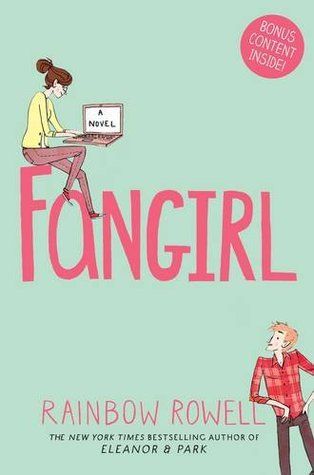 Blurb:
Blurb:It's been three years since the devastating accident . . . three years since Mia walked out of Adam's life forever.
Now living on opposite coasts, Mia is Juilliard's rising star and Adam is LA tabloid fodder, thanks to his new rock star status and celebrity girlfriend. When Adam gets stuck in New York by himself, chance brings the couple together again, for one last night. As they explore the city that has become Mia's home, Adam and Mia revisit the past and open their hearts to the future-and each other.
Told from Adam's point of view in the spare, lyrical prose that defined If I Stay, Where She Went explores the devastation of grief, the promise of new hope, and the flame of rekindled romance.
Review:
I was pulled back to Where She Went by the new film made out of it’s predecessor, If I Stay. This review will obviously contain some If I Stay spoilers, as it would be hard to talk about it’s sequel without mentioning them. If you haven’t read If I Stay stop reading now !!
I was pulled back to Where She Went by the new film made out of it’s predecessor, If I Stay. This review will obviously contain some If I Stay spoilers, as it would be hard to talk about it’s sequel without mentioning them. If you haven’t read If I Stay stop reading now !!
We take up the story with the surprising revelation that Adam and Mia broke up a few years ago, and the story is told from Adam’s point of view. Unlike other stories with multiple points of views, Adam’s voice is extremely clear and different to Mia’s, who narrated the first book. It was also extremely interesting to hear Adam’s side of the story, to hear about the accident that killed Mia’s family from a different perspective. The plot centres mostly around Adam and Mia , with a few minor side characters, and this makes the plot very easy to follow.
In this book , Foreman explores how grief affects those left behind and their relationships. As difficult as it was for Mia to stay after the accident, her real trial begins as her life resumes. As the narrative progresses, we discover how both Mia’s grief and how she is treated by Adam contributes to the demise of their relationship.
The narrative unfolds over the course of a day , with flashbacks to the time between the accident and the present day. Foreman uses this technique very well, and I wasn’t at all confused or disorientated by it. The book is quite a short, easy read , and I read it in one sitting on the train when I should have been studying.
One of the aspects I found really interesting was that of the comparison between Adam and Mia’s careers in the music industry. Adam is a fully established lead man in an international rock band, and Mia is a rising star cellist finishing up in Julliard and beginning to play proper recitals. Their outlooks and dispositions towards their work and music are extremely different. Mia still plays for her love of the music, and credits her recovery from the accident to the cello, while Adam’s love of his craft has been ruined by the media circus surrounding his band’ meteoric rise to fame. The media and fame have sucked the love out of music, interviewers talk about everything but it. The media has singled out Adam as the most interesting member of the band, and now focus all their attention on his, causing tension within the band.
There’s not a whole lot to say about this book except that if you liked the first one, you will definitely enjoy hearing what happened to Adam and Mia next. It’s an easy, slightly tear-jerking read with pleasant characters , and I would recommend it to anyone who enjoys young adult contemporary fiction or the movie !!!
Three Stars ***



